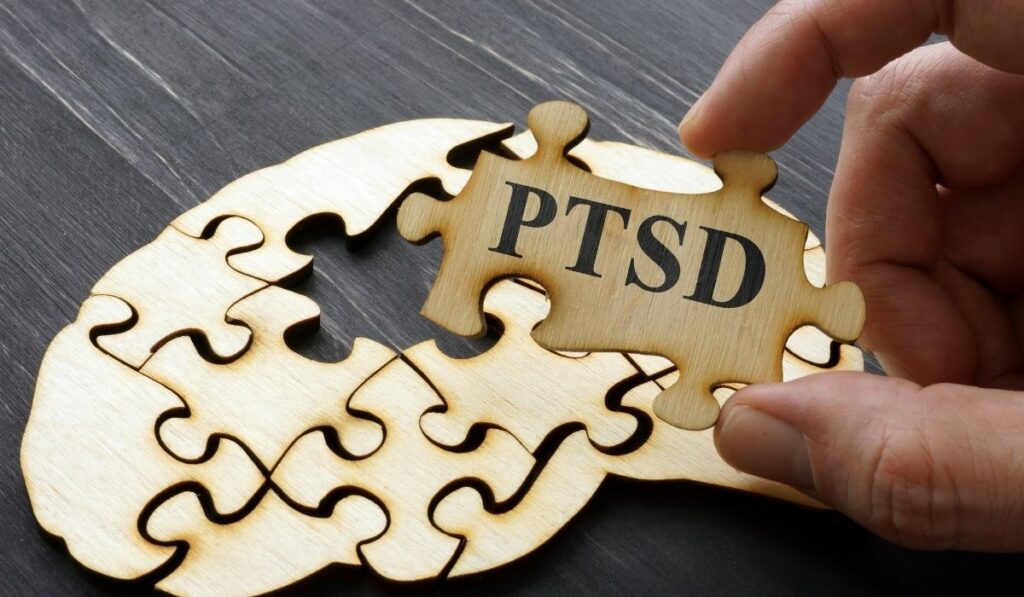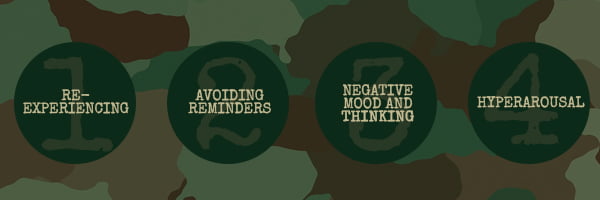PTSD is a mental health disorder that can trigger by the experience or witnessing of life-threatening events. Post Traumatic Stress Disorder can also happen to people who have been through other traumatic things. It’s when you go through a lot of bad things at once. Things like being in combat, sexual assault, or being kidnapped. The symptoms of PTSD range from flashbacks to nightmares to feeling emotionally numb. If you have PTSD, there are a few things in your life that will be different. Things might be different with friends and family members, at work, or how you sleep. This blog post will tell you about PTSD so that you know what to do if someone has it.
Contents
What Is PTSD?
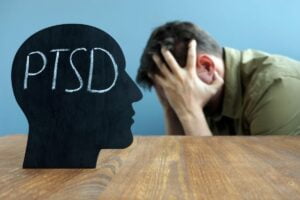
PTSD stands for post-traumatic stress disorder. It is a mental health disorder, but it has many physical symptoms as well. Some examples include flashbacks to traumatic experiences, nightmares about what happened, and feeling emotionally numb most of the time.
What Are the Symptoms of PTSD?
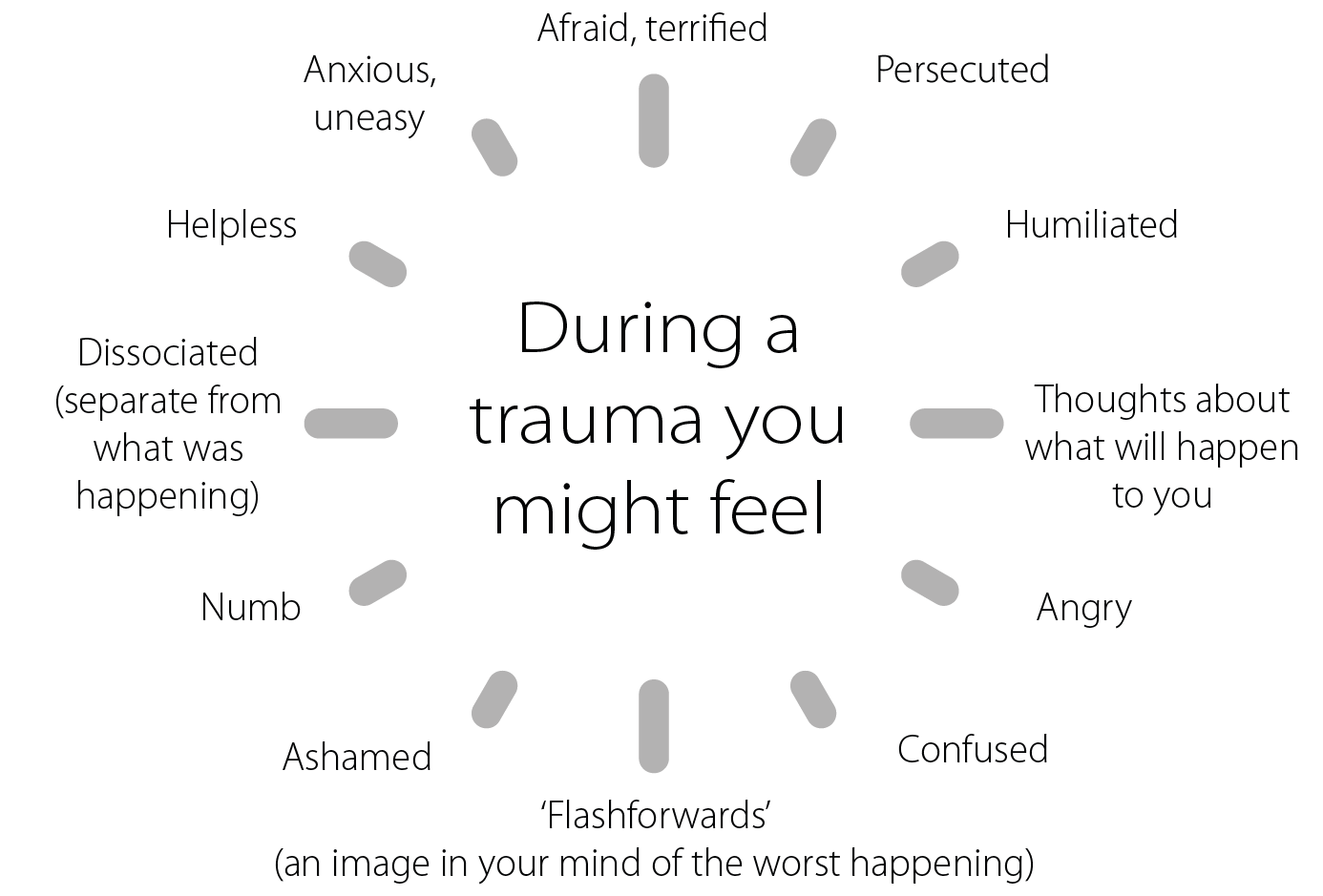
There are four types of symptoms that one can experience with PTSD: reliving, avoiding, negative changes in mood and thinking patterns, or physical changes.
- Reliving is when you have flashbacks about an event either during your waking hours or while asleep where you feel like you’re re-experiencing it all over again.
- Avoiding behavior deals with not wanting to talk about a certain topic because it brings back memories from the original incident which triggers a lot of emotions such as fear, anger, guilt, etc…
- Negative changes deal with feeling disconnected from others around you so there isn’t much communication going on between parties involved.
- Physical symptoms include constant headaches and chest pain, feeling tired all the time, and problems with concentration or memory.
How Does PTSD Affect My Life?
If you have PTSD, it will affect your relationships with friends and family members, your work performance, and the sleep you get.
- Relationships: When people are dealing with PTSD, they might pull away from their friends and family because it is too hard to talk about. They might need time to be by themselves. They may also feel like they can’t relate to others anymore or that everyone is out to get them. This often leads to a feeling of isolation.
- Work Performance: It’s common for those struggling with PTSD to have trouble concentrating which can lead to poor job performance or even unemployment. In some cases, people with PTSD may feel like they’re not safe being around others so they’ll choose to work from home.
- Sleep: Nightmares and insomnia are common among those struggling with PTSD which can lead to fatigue during the day. It’s important to seek treatment for PTSD if you’re having problems sleeping because it will only make the symptoms worse.
Getting Help for PTSD Symptoms
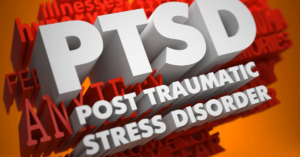
If you think that PTSD may be an issue for you, the first step is to speak with your doctor about different treatment options. There are many forms of therapy available such as cognitive-behavioral therapy (CBT) and exposure therapy which can help manage symptoms. If needed, medication will also be prescribed by a medical professional in order to treat any coexisting conditions related to PTSD.
Treatment Options For PTSD

There are many forms of therapy available such as cognitive-behavioral therapy (CBT) and exposure therapy which can help manage symptoms.
- CBT: CBT helps people with PTSD understand how their thoughts, feelings, and beliefs are linked to the way they experience certain situations. CBT also teaches coping skills for managing different symptoms related to PTSD.
- Exposure Therapy: Exposure therapy is a type of cognitive-behavioral therapy that allows you to confront your fears in order to overcome them. The therapist will work with you one on one or sometimes even in groups depending on what’s best for each individual situation. There are two types of exposure therapy which include systematic desensitization (SD) and prolonged exposure (PE). SD involves gradually confronting triggers while PE deals with exposing yourself directly at first so it becomes less scary over time as long as there isn’t too much anxiety involved.
- Medication: If needed, medication will also be prescribed by a medical professional in order to treat any coexisting conditions related to PTSD. There are many different types of medications that can be used such as antidepressants, anti-anxiety medications, and beta-blockers. It’s important to speak with your doctor about the best medication for you and any potential side effects.
Having PTSD does not mean that you’re weak or that the traumatic event was your fault; it simply means that you’ve experienced something very difficult and need time to heal from this experience. However, if these symptoms last for longer than four weeks then it’s important to seek treatment because there is no way someone can fully recover on their own without empathy and support from others around them so don’t hesitate! It’s never too late to ask for help when struggling with PTSD symptoms.
Helping Someone With PTSD Symptoms
It’s important to emphasize that it takes courage for someone with PTSD to share their experiences and feelings. It can be hard for people to open up. They might need patience and good listening skills. When they do share something with you, it means a lot so don’t judge or criticize them.
The most effective way of helping someone with PTSD is by maintaining an empathetic attitude towards the person. This will help not only to support but also to understand what they’re going through. If possible, help them identify specific triggers which may cause flashbacks or nightmares and learn how best to avoid these situations if needed.
If your friend has trouble sleeping, try staying with them overnight or watching TV with them until they fall asleep again. You don’t need to do this on your own because it can be very tiring. You need to be kind and listen when people feel sad or overwhelmed. This will change from day to day for them. Just knowing that you’re there for them makes all the difference.
Last but not least, don’t forget to take care of yourself! It can be hard to support someone who has PTSD, and this could make you feel tired and drained. It is important to take care of yourself so that you do not get too exhausted. For example, spending time with loved ones or doing things like exercise or relaxation techniques when you need them.
If you know someone who is struggling with PTSD symptoms, the best thing you can do is offer your support and understanding without judgment. Listen patiently and help identify any specific triggers which may cause flashbacks or nightmares. Most importantly, make sure to take care of yourself as well because providing support can be draining.
PTSD symptoms need to be treated by a professional. That way, you can get better and learn how to manage triggers that cause flashbacks or nightmares throughout the day. If someone you know has PTSD, stay close to them. Do not judge or criticize them for what they are going through. Be like a friend while also giving support. Lastly, don’t forget about self-care! Support is very tiring so always try your best to schedule time for relaxation techniques such as exercise and meditation each week.
Conclusion
With this knowledge, it is easy to see how PTSD has a treatment. Individuals who are suffering from the symptoms of PTSD should speak with their doctor about treatment options that will work best for them. A person coping with PTSD may not be able to stop experiencing flashbacks and nightmares on their own. They need to have treatments like cognitive behavioral therapy or exposure-based therapies so they can control their feelings. If you know someone who has an injury or trauma, you should share what you know with them. They might have PTSD. Symptoms are things you feel when there is no problem. You might feel scared even when nothing is wrong, or you can’t sleep, or memories come back again and again. You might not trust people either. But there are ways for them to get better!
For more information, please contact MantraCare. PTSD or Post-Traumatic Stress Disorder is a mental health condition that affects people who have experienced or witnessed a traumatic event. If you have any queries regarding Online PTSD Counseling experienced therapists at MantraCare can help: Book a trial PTSD therapy session
